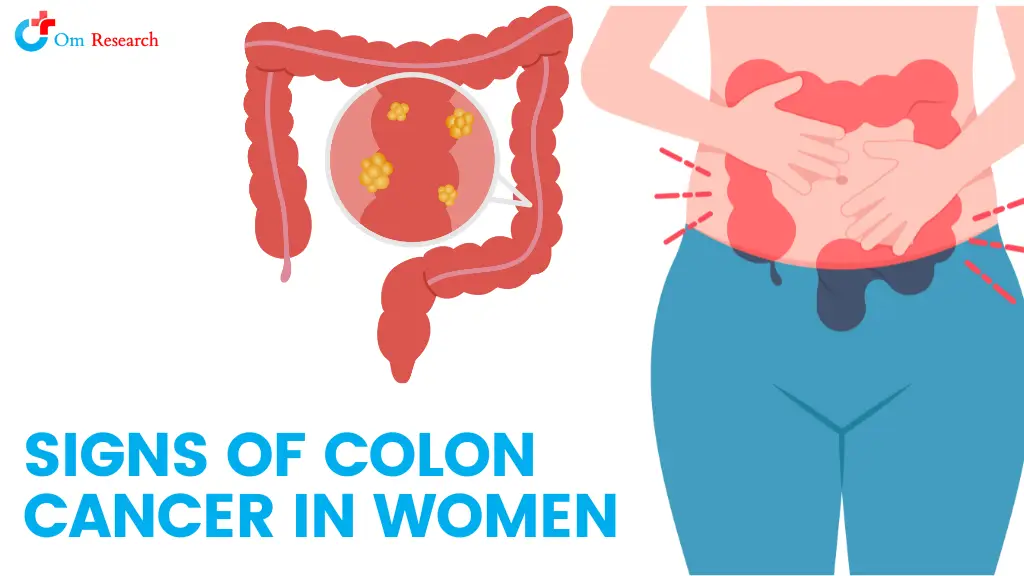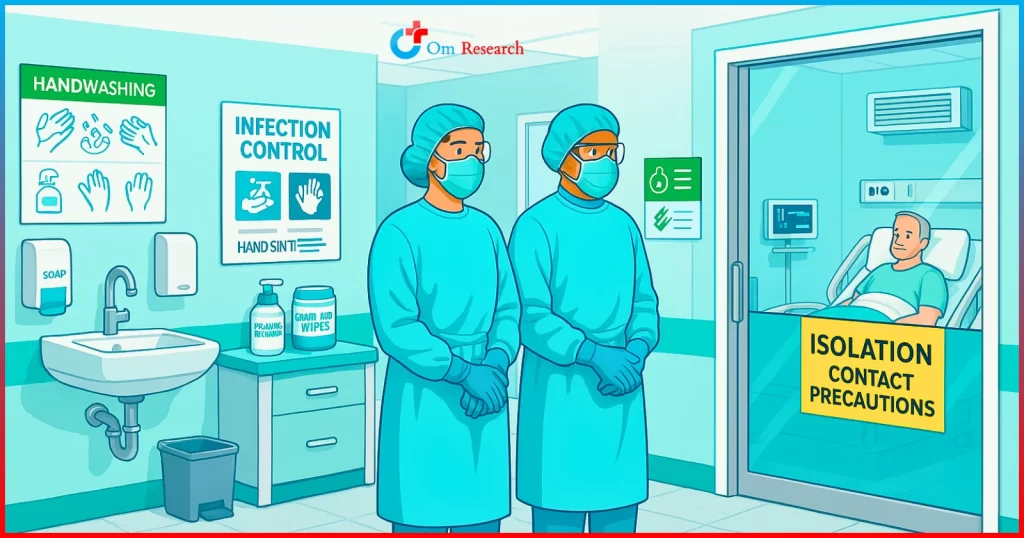Introduction
Colon cancer is a silent menace that can strike when least expected. While both men and women are susceptible, women often face unique challenges. This article aims to shed light on the signs of colon cancer in women, the early symptoms that should trigger concern, the different stages of the disease, ongoing clinical trials.
Signs of Colon Cancer in Women
When it comes to colon cancer, early detection is key to successful treatment. Here are some of the signs that women should be vigilant about:
Unexplained Weight Loss:
One of the early signs of colon cancer in women can be unexpected weight loss. If you find yourself shedding pounds without any significant changes in your diet or exercise routine, it’s essential to consult a healthcare professional.
Changes in Bowel Habits:
Alterations in bowel habits, such as persistent diarrhea or constipation, should not be ignored. Colon cancer can disrupt your digestive system, leading to irregularities.
Blood in Stool:
Seeing blood in your stool is a concerning symptom and could indicate several gastrointestinal issues, including colon cancer. Don’t hesitate to seek medical advice if you notice this.
Abdominal Pain and Cramping:
Persistent abdominal pain or cramping, particularly if it’s accompanied by bloating, can be a sign of colon cancer. This discomfort should be evaluated by a doctor.
Fatigue:
While fatigue can be caused by various factors, persistent and unexplained fatigue should prompt further investigation. Colon cancer can lead to anemia, which often results in tiredness.
Colon Cancer Stages
Understanding the stages of colon cancer is essential for determining the severity of the disease and the appropriate treatment options. Colon cancer is typically categorized into four stages:
Stage I:
At this stage, cancer is confined to the innermost lining of the colon. Surgical removal is often curative.
Stage II:
In stage II, cancer has penetrated the muscular wall of the colon but hasn’t spread to nearby lymph nodes. Surgery is still the primary treatment, but chemotherapy may be recommended based on specific factors.
Stage III:
In stage III, cancer has reached nearby lymph nodes but hasn’t spread to distant organs. Treatment typically involves surgery followed by chemotherapy to eradicate any remaining cancer cells.
Stage IV:
Stage IV is the most advanced stage, where cancer has spread to distant organs, such as the liver or lungs.
Treatment focuses on managing the disease and improving the patient’s quality of life.
Clinical Trials for Colon Cancer
Medical research is continually advancing, and clinical trials play a crucial role in the development of new treatments for colon cancer.
Participating in clinical trials can provide hope for those with advanced or hard-to-treat colon cancer.
The Importance of Clinical Trials
Clinical trials allow researchers to evaluate the effectiveness of new therapies and treatments. They also offer patients access to cutting-edge treatments that may not be available through traditional methods.
How to Get Involved
If you or a loved one is facing colon cancer, consider discussing clinical trial options with your healthcare team or contact Om Research. They can provide information about trials that may be suitable for your specific situation.
FAQs
Is colon cancer more common in women?
Colon cancer affects both men and women, with slight variations in risk factors. It’s essential for both genders to be vigilant about their health.
Can colon cancer be prevented?
While not all cases of colon cancer can be prevented, maintaining a healthy lifestyle, regular screenings, and early detection can significantly reduce the risk.
Are clinical trials safe?
Clinical trials are conducted under strict ethical and safety guidelines to ensure the well-being of participants. Before joining a trial, you will receive detailed information about the potential risks and benefits.
What should I expect during a colonoscopy?
A colonoscopy is a procedure that allows doctors to examine the colon’s interior. You’ll be sedated, and a thin, flexible tube with a camera will be inserted through your rectum. It’s a crucial diagnostic tool for colon cancer.
Can I lead a normal life after colon cancer treatment?
Many individuals resume their normal lives after colon cancer treatment, although it may take time. Regular follow-up appointments are essential to monitor your health.
Are there support groups for colon cancer patients?
Yes, there are numerous support groups and online communities where colon cancer patients and survivors can share their experiences and receive emotional support.
Colon cancer is a formidable adversary, but with awareness, early detection, and ongoing research, we can face it head-on.
Remember to listen to your body, seek medical advice if you notice any concerning symptoms, and consider participating in clinical trials to advance the fight against this disease.



